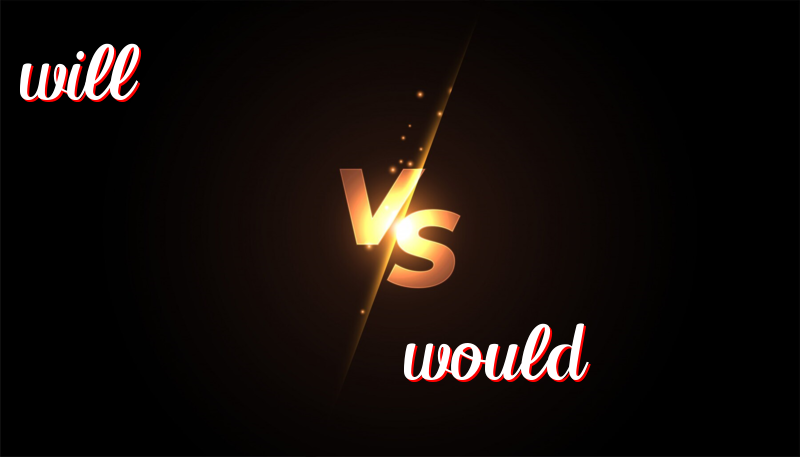Will vs. Would: Understanding the Difference
Will vs. Would: What’s the Difference?
If you have ever been confused about using “will” or “would” in sentences, don’t worry, you are not alone! These two words are often used interchangeably, but they have different meanings and uses. Let’s explore the difference between “will” and “would” in simple terms.
History:
“Will” comes from Old English and is related to the word “wish.” It is used to express future actions or intentions. “Would” developed from Middle English and originally meant “want” or “desire.” It is commonly used to talk about hypothetical situations or polite requests.
How to use them:
- Will: Used for future actions or decisions.
- 1. I will call you later.
- 2. She will study for the exam tomorrow.
- 3. They will travel to France next month.
- 4. Will you help me with my homework?
- 5. The sun will rise in the east.
- Would: Used for hypothetical situations, polite requests, or expressing preferences.
- 1. If I had more time, I would read more books.
- 2. She would like a cup of tea, please.
- 3. Would you mind opening the window?
- 4. He would rather stay home than go out.
- 5. I would buy that dress if it were on sale.
Trick to Remember the Difference:
Remember, “will” is for actions in the future, while “would” is for imagined situations or polite requests.
Will for future, Would for imagined.
Summary:
Will is used for future actions or decisions, while would is used for hypothetical situations, polite requests, or expressing preferences.

Leave a Reply
You must be logged in to post a comment.